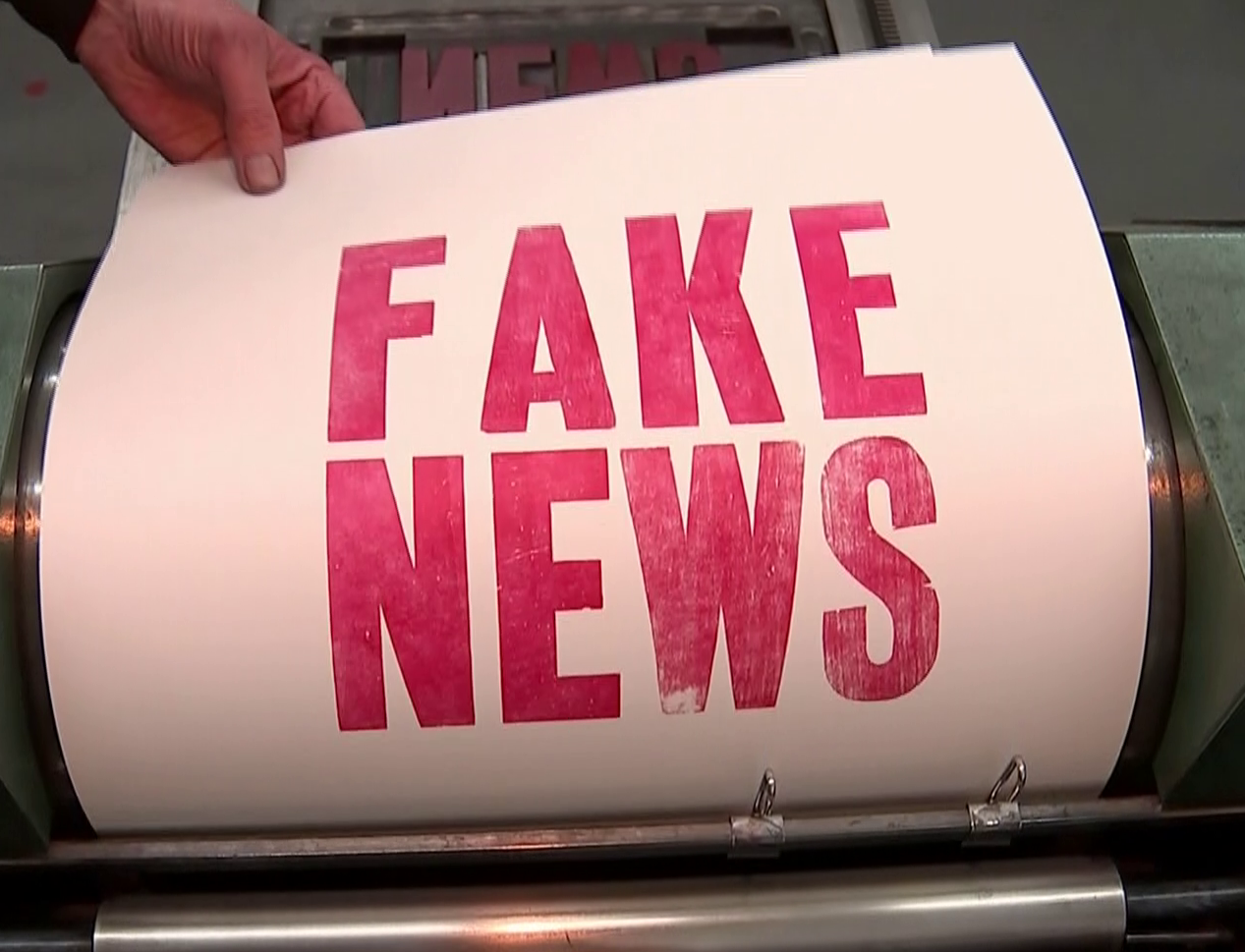
Political advertising that is only seen by its intended recipients is a greater cause for concern than “fake news” in the spread of misinformation, according to the director for a leading fact-checking charity in the UK.
So-called “dark ads” have emerged as a method of advertising that utilises data obtained by the likes of Facebook and Google to customise political campaigns.
They can be served directly to users of Facebook and via Google’s widely used double-click technology which serves ads to millions of websites.
These two giants account for around a half of the UK £10bn a year digital advertising market. Press Gazette has launched a duopoly campaign which urges the pair to return return more value to news publishers and tackle the problem of fake news.
Will Moy, director of Full Fact, said: “These campaigns are capable of running highly targeted advertising that reaches to millions of people that most of us don’t know about.
“My worry is this is going to be the first darks ads election, where the campaigners are able to pay to reach millions of people with less scrutiny than there ever has been before. At the moment there’s no way to know where they are running or how.
“If you run an advert on Facebook and only show it to people in certain areas and tell them one message, then you can run an advert for people in a different part of the country and tell them the exact opposite.
“That’s the problem with highly targeted advertising – we don’t know if campaigns are saying the same thing to people or if they are saying different things.
“Previously adverts were on TV or in the newspaper, now it’s possible to advertise to millions of people and go a long way to making sure that millions of people who don’t agree with you don’t see your adverts and that’s why it isn’t open to scrutiny.”
He said that during the EU Referendum, the Vote Leave campaign paid for 1bn ad impressions. He added: “You only spend that money if you think it’s having an influence.”
Moy said there was “no obligation to be transparent” about dark ads for political parties as it was not covered by the Advertising Standards Authority.
He said: “It’s possible they are running adverts that aren’t true and there is no way of seeing the advert unless you have been targeted. If you aren’t targeted by them you don’t even know they exist so you can’t even fact check them.”
“I think it is something we should be seriously concerned about. No journalist should ever be happy with power going unscrutinised and this is a classic combination of money and power – if we don’t add scrutiny to that mix that’s not healthy.
“We have to start the conversation. I don’t think it can happen overnight, but people need to realise that a lot of money is going to be spent trying to change their minds over the next couple of weeks [during election campaigning] and a lot of that is going to be unaccountable under the current rules.”
In a submission to the Culture, Media and Sport Committee’s “fake news” inquiry, the owner of politicaladvertising.co.uk – a website that scrutinises political campaigns – said a fresh review into political advertising was needed.
The last public investigation into political advertising was by the Electoral Commission in June 2004, Benedict Pringle told the inquiry, two years before Facebook was opened out to all users and a year before YouTube was even a website.
Pringle said the advertising landscape has “changed immeasurably” since then, adding: “We are in the midst of a massive change in advertisers’ ability to create and serve bespoke advertising for ever smaller segments of the population, via programmatic media buying and dynamic advertising production techniques.
“This change has already led to a significant increase in the volume of political advertising that voters see and also a massive increase in the number of messages used.
“Due to the highly-targeted nature of such techniques, you will only see the advertisements that are designed for you. This means that the content of the advertisements will be much less visible to those who might normally attempt to hold campaigns to account for their claims.
“The only scrutiny that political parties currently face of the truthfulness of their advertising is through the court of public opinion and that threat of voter backlash is diminishing rapidly.”
He said political advertisements containing “misleading information” were “an undeniable source of ‘fake news’.
“I would argue that mainstream political parties disseminating false information to the public via advertising, which is then reproduced by the mainstream news media, is far more damaging than obscure websites publishing conspiracy theories,” he said.
“This submission suggests the DCMS conducts a new review into political advertising with a view to putting in place a more rigorous system of checks and scrutiny in order to stop a particularly damaging source of ‘fake news’.”
Email pged@pressgazette.co.uk to point out mistakes, provide story tips or send in a letter for publication on our "Letters Page" blog
